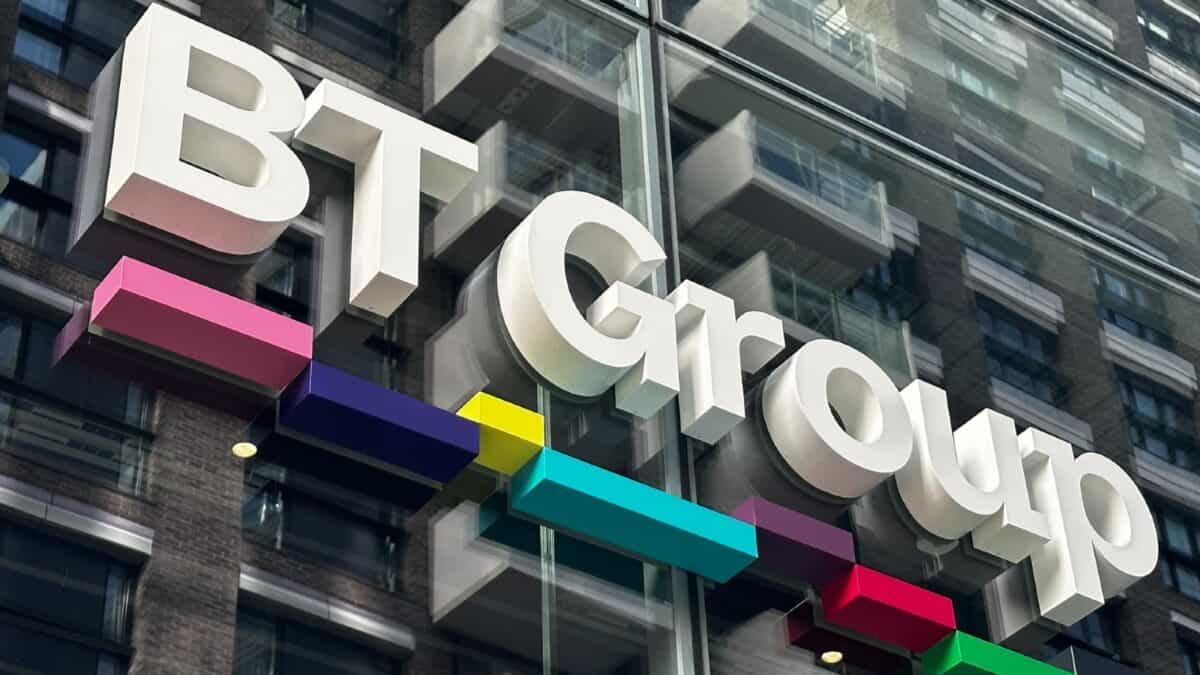Would investing in BT (LSE:BT.A) five years ago have been a good or bad decision for me? BT shares have sunk 26% over that period, so at first blush it looks like I was fortunate not to put money in back then.
However, the FTSE 100 telecoms giant has a 5.5% dividend yield. So what would have happened had I invested £1,000?
Capital loss, on paper
In terms of share value, the price decline means that £1,000 would have bought me shares now worth £740. That is not the sort of return I would like to make as an investor. However, unless I sold the shares, it would remain a paper loss.
Should you invest £1,000 in Tesco right now?
When investing expert Mark Rogers has a stock tip, it can pay to listen. After all, the flagship Motley Fool Share Advisor newsletter he has run for nearly a decade has provided thousands of paying members with top stock recommendations from the UK and US markets. And right now, Mark thinks there are 6 standout stocks that investors should consider buying. Want to see if Tesco made the list?
BT shares have been on the up. They have increased 17% since the start of the year. if they keep climbing, they may get back to where they were five years ago, wiping out any paper loss I may have made – and perhaps even offering a gain.
As a long-term investor, I do often hold shares for years. The recent upswing in the BT share price reflects a number of positive factors that could help justify further upward movement, in my view.
Despite a challenging trading environment, last year saw revenues grow modestly. Profit after tax fell but still came in at £855m and the annual dividend per share grew 4%.
Mixed dividend track record
Over the past five years, each BT share I owned would have earned me just over 30p. So investing £1,000 five years ago would have earned me around £151 in dividends. That would have been a welcome source of passive income.
Still, even taking the dividends into account, investing £1,000 into BT shares held half a decade ago would still leave me nursing a paper loss.
Not only that, but during that period the dividend was suspended. Although it has since been restored and grew last year, the annual dividend per share remains lower than five or six years ago.
Challenges remain
Why is the dividend today smaller than it was back then? Why have BT shares fallen sharply during that period, even including their strong performance so far this year?
On one hand, the company’s resilience is impressive. It has strong brands, a large customer base and has navigated the digital transition fairly well, not least thanks to its Openreach division.
But a number of concerns have not gone away — and arguably seem more relevant today than five years ago. Last year, net debt grew and reached £19.5bn (substantially higher than BT’s entire current market capitalisation). The legacy pension fund continues to suck in money from time to time, based on projected funding gaps — and there is no sure way to judge how big they may be in future. Meanwhile, the core business still faces strong competition and I do not see that changing.
I thought there were better uses for my money five years ago than buying BT shares. My opinion is the same today.








